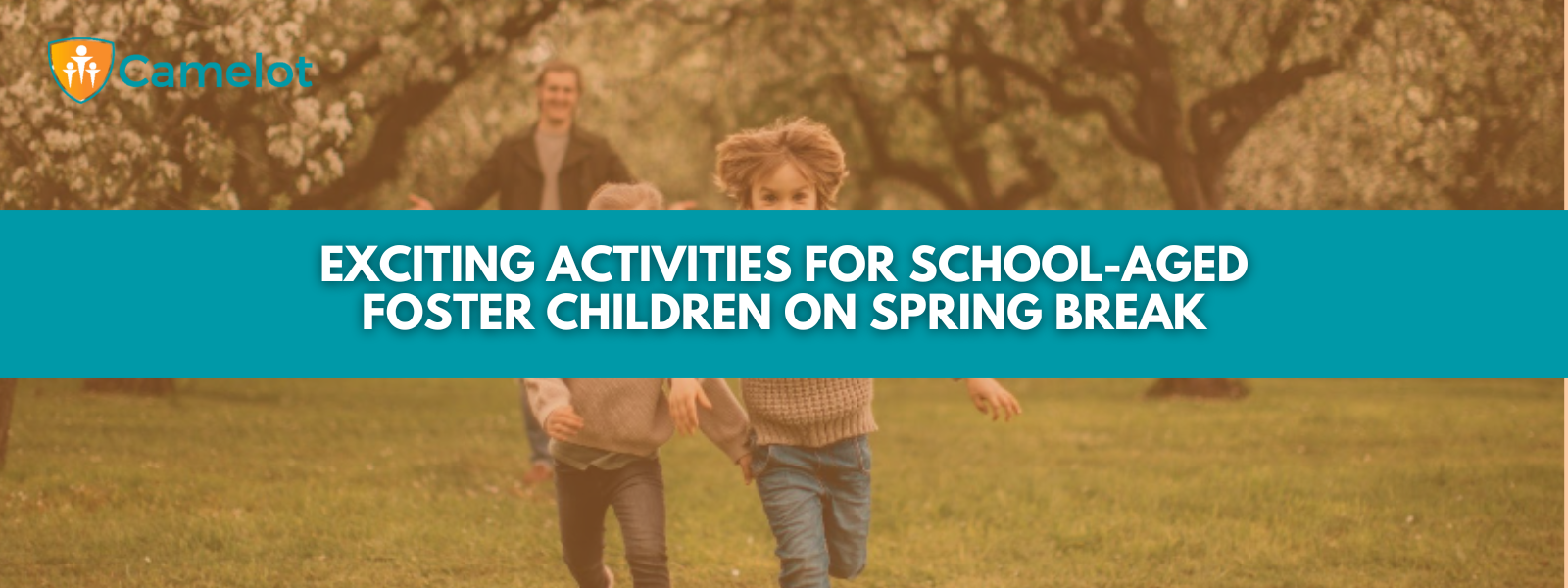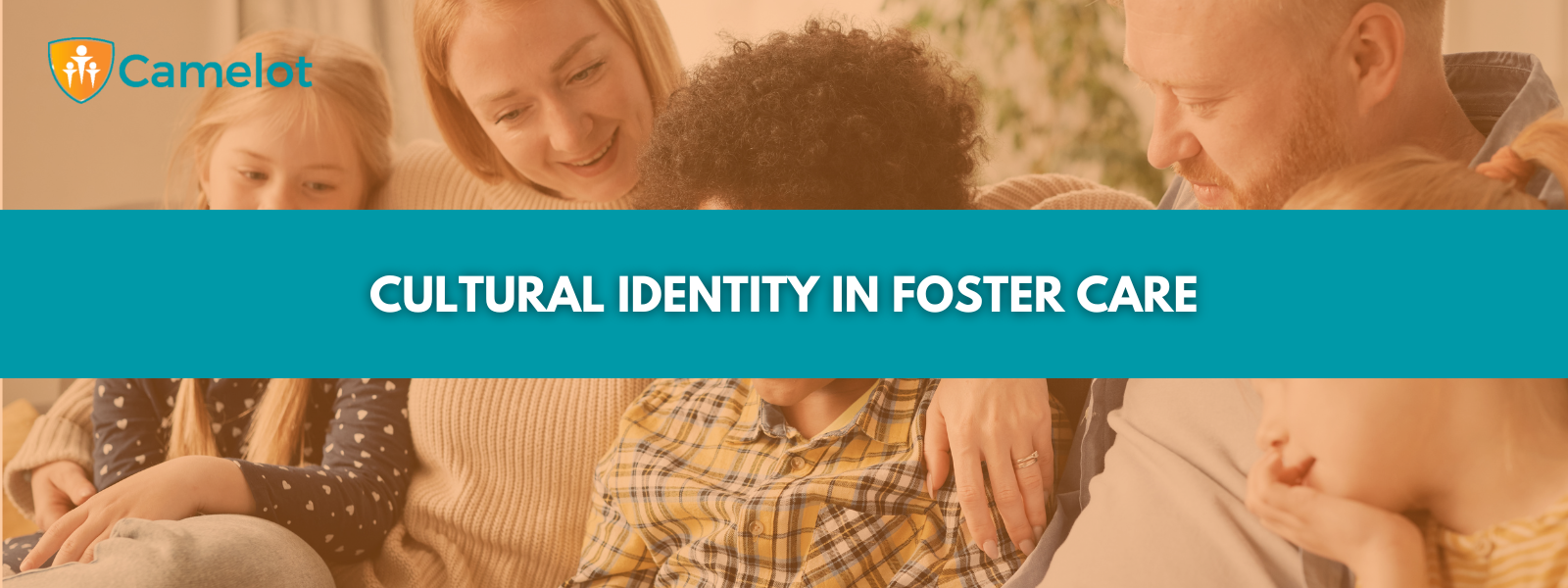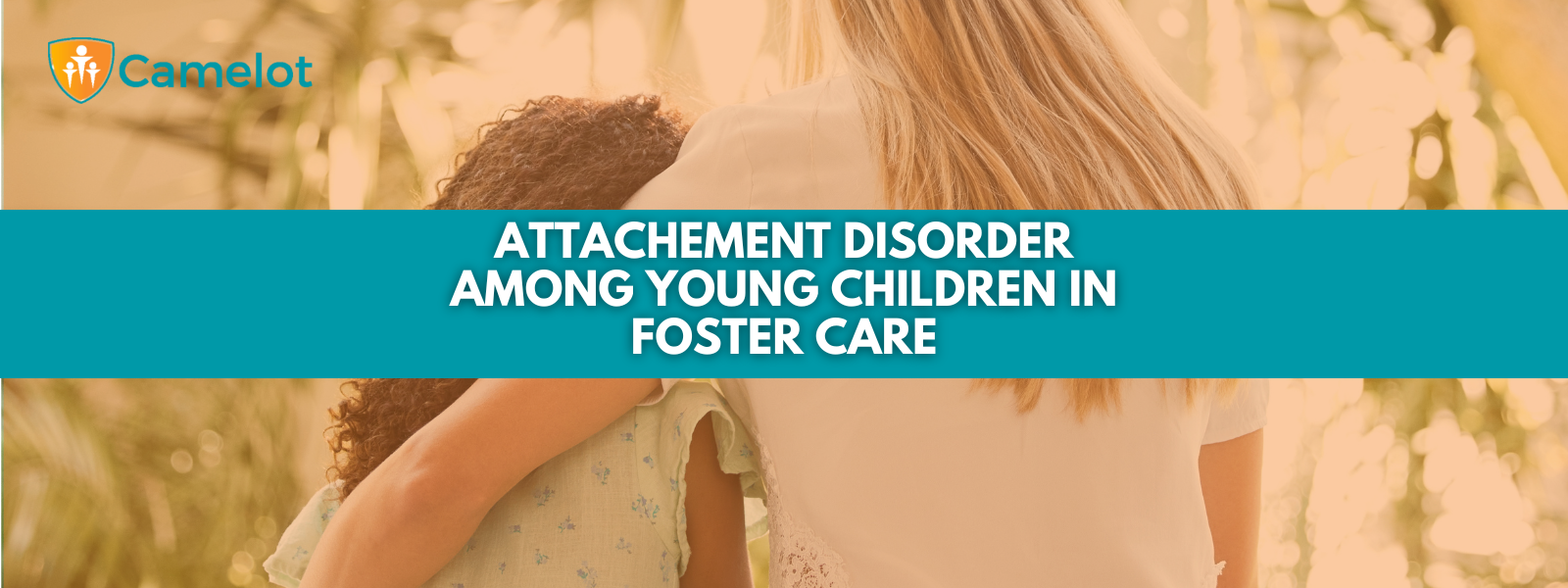How to Prepare for First Placement: Tips for Tennessee Foster Parents
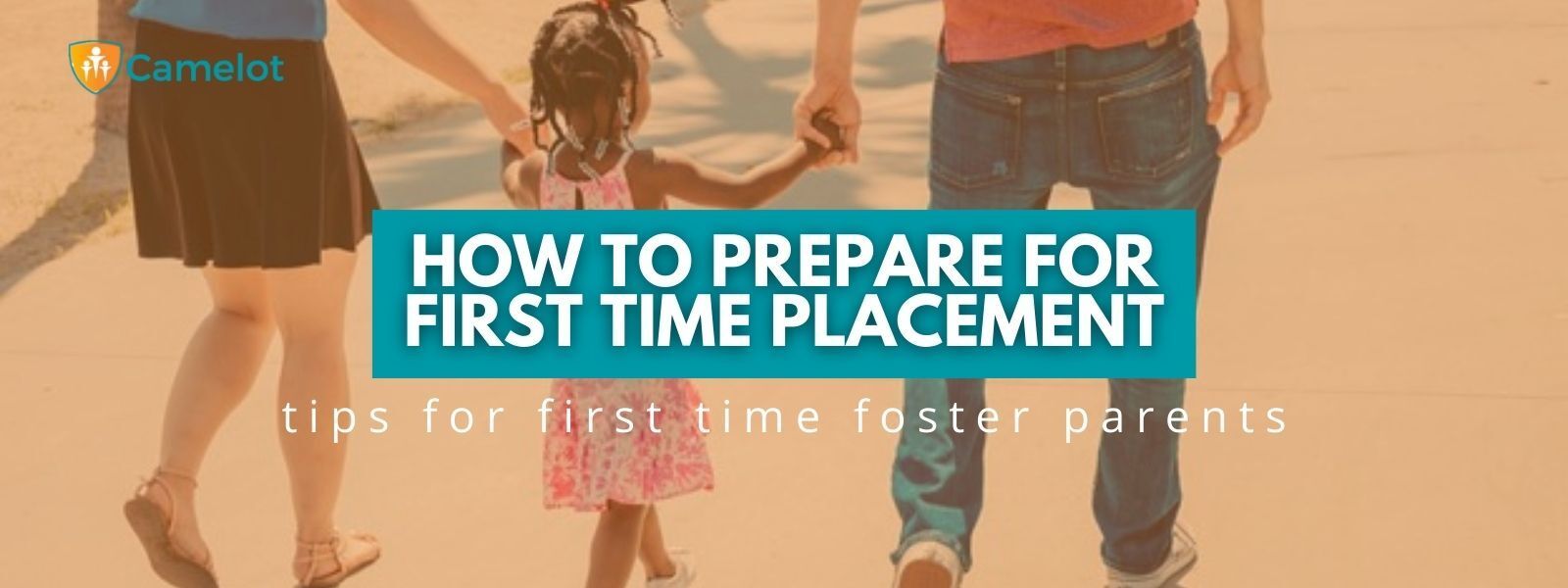
Preparing to foster a child is an exciting step for first-time foster parents. Prior to the placement, you may be occupied with licensing and paperwork. Shopping might be the last thing on your mind. But it is essential to prepare your home to make the child feel comfortable and safe. Here’s a list of things you need to buy before welcoming a child into your home and family.
Bed and Bedding
A bed is on the top of the list of must-have items for foster parents. When a child is placed in foster care, they're often scared and confused. A warm, comfortable bed is a safe place to rest and process their emotions.
A twin bed is the best choice; it fits children from elementary school children to teenagers
If you're signed up to foster infants or toddlers, a crib is a safe sleeping option. Consider getting a crib that converts into a toddler bed so that you'll be prepared to take in either an infant or toddler.
After choosing a bed, select gender-neutral bedding. Make sure you get two coordinating sets of sheets so you can easily change them. Keep in mind that foster children may struggle with bedwetting; a mattress protector can help you preserve the bed’s quality for a long time.
Personal Care and Hygiene Supplies
Many foster children will arrive with very few belongings. Before your first placement, stock the house with all of the essential personal hygiene supplies a child or teen might need. Start with the basics:
● Shampoo and conditioner
● Body soap
● Hand soap
● Toothpaste and a new toothbrush
● Hairbrush or comb
● Cotton swabs
● Clean towels and washcloths
If you're accepting teenage foster children, you'll need additional supplies, which may include,
● Unscented deodorant
● Facewash
● Feminine products
● Facial moisturizer
● Body lotion
Consider special grooming needs like black haircare products. If you are not the same race as your foster child and you don't know what special needs to consider, speak with your social worker to see if they can give you any advice.
If you are preparing to welcome a baby or toddler, buy wipes, diaper cream, baby powder, and diapers in a few different sizes. No matter what the age of the child is, try to select products that are free of fragrances to avoid skin irritation and allergies.
Toys and Comfort Items
Transitioning to a new foster home can be a scary experience for a child. It may help to have a few comfort items and toys ready to make them feel better. A soft blanket or throw is appropriate for all ages.
As you prepare the bedroom, remember that the first night in a new house can be intimidating. A night light can help. You can also add a few age-appropriate books or toys to the room to make it feel homey and welcoming.
If you have children, your house is probably filled with toys. Your foster child can certainly share these items with the others when they're comfortable. Until then, it's nice to provide one or two things that are just for the new child —it can give them a sense of ownership and control during a disorienting time. Make sure the foster child knows that their toy or book is theirs to keep, even when they leave your home.
Safety Supplies
Safety is a big part of getting a foster care license. No matter where you are in the process, it's never too early to start thinking about the things that can make your home safer for a child.
If you've been in touch with foster care agencies in Tennessee, you've probably heard about the basics like fire extinguishers, smoke alarms, and carbon monoxide detectors.
Some of the other safety supplies you'll need are:
● First aid kit
● Child-safe painkillers
● Bandages
● Antiseptic cream
● Numbers for doctors and poison control
● Burn cream
● Thermometer
Babies and toddlers need extra safety precautions. Start by baby-proofing the house. Add child-safe cupboard locks, particularly on cabinets with cleaning supplies. Cover the outlets, and consider adding knob covers to the stove. If you have blinds with cords, adjust them so the cord is out of reach for the kids. Other handy devices include toilet-lid locks, safety gates, baby monitors, and radiator covers.
School Supplies
Pick up basic school supplies such as notebooks, pencils, pens, and a binder. These are usually adequate to be prepared for their first day. If you know the child’s age in advance, reach out to the local school for a supply list.
Be prepared with a gender-neutral backpack the child can use on the first day. Choose something basic that won't attract unwanted attention; a simple design in a solid color works well.
Food and Drink
At Camelot Care Center, we know that the need for a foster home can arise quickly. In some cases, you'll find yourself accepting a child before you have time to go grocery shopping. To be prepared, keep a few kid-friendly snacks and drinks in the house. This is particularly important if you don't have children.
Pre-packaged chips or crackers, juice boxes, and fruit snacks are a good place to start. They're non-perishable, so you can keep them in the pantry for a last-minute placement. Make sure you have a gluten-free, nut-free option in case the child has allergies.
As you shop, remember that a child who is stressed and possibly traumatized might not have much of an appetite. Packaged snacks aren't necessarily nutritious, but they're familiar and appealing to most kids.
Baby Gear
If you have agreed to accept babies or toddlers into your home, the first week can be stressful. One of the most useful tips for first-time foster parents is to stock up on baby-specific supplies. A portable bouncer chair can be a lifesaver; it's a safe place for the baby to sit while you make bottles or prepare dinner. Other essentials include a car seats, baby tub, high chair, stroller, and diaper bag.
Other supplies that will come in handy are:
● Burp cloths
● Onesies and pajamas in a few different sizes
● Nighttime swaddle
● Hands-free carrier
If you need help navigating the healthcare needs of your foster child, we encourage you to contact Camelot Care Center; our experienced team provides caring, personalized care for children of all ages.
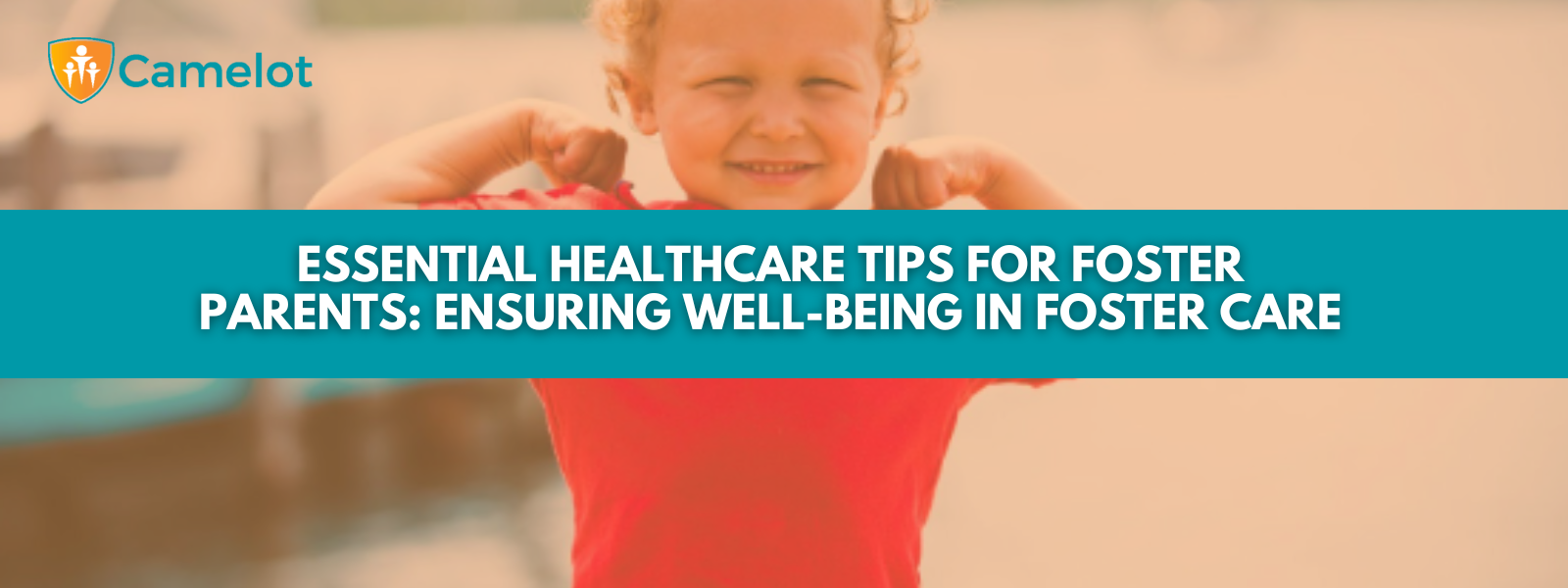
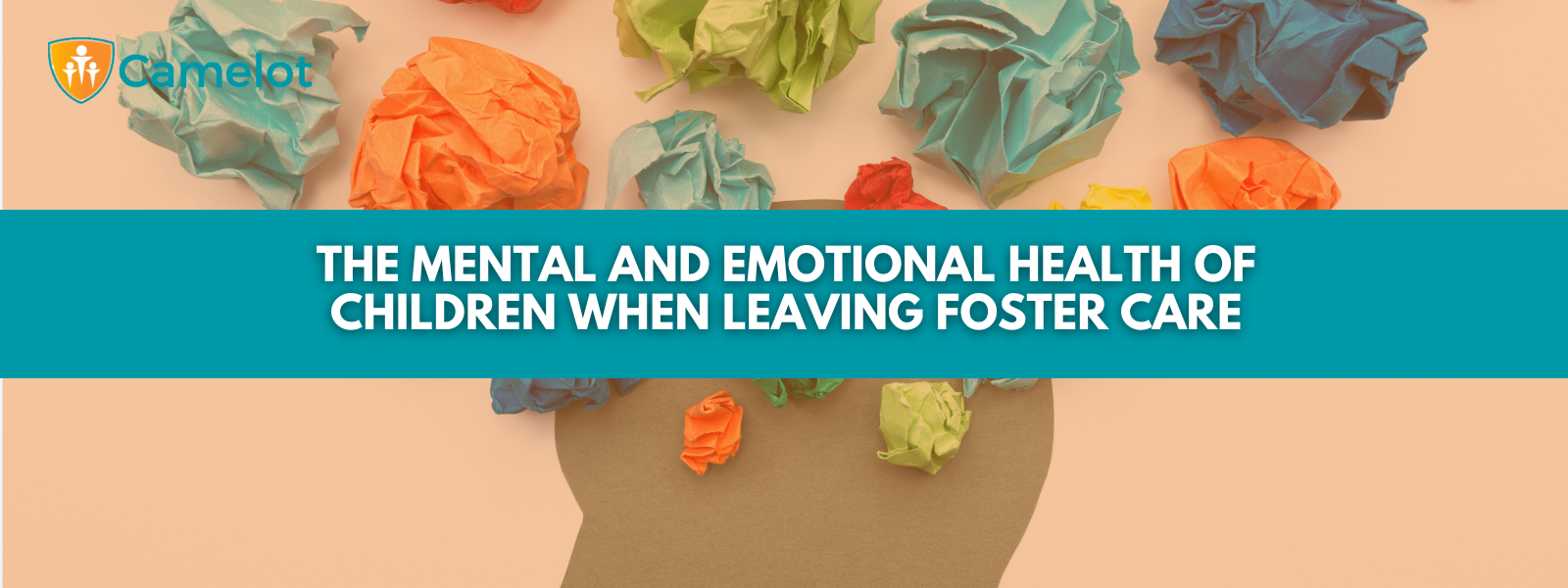
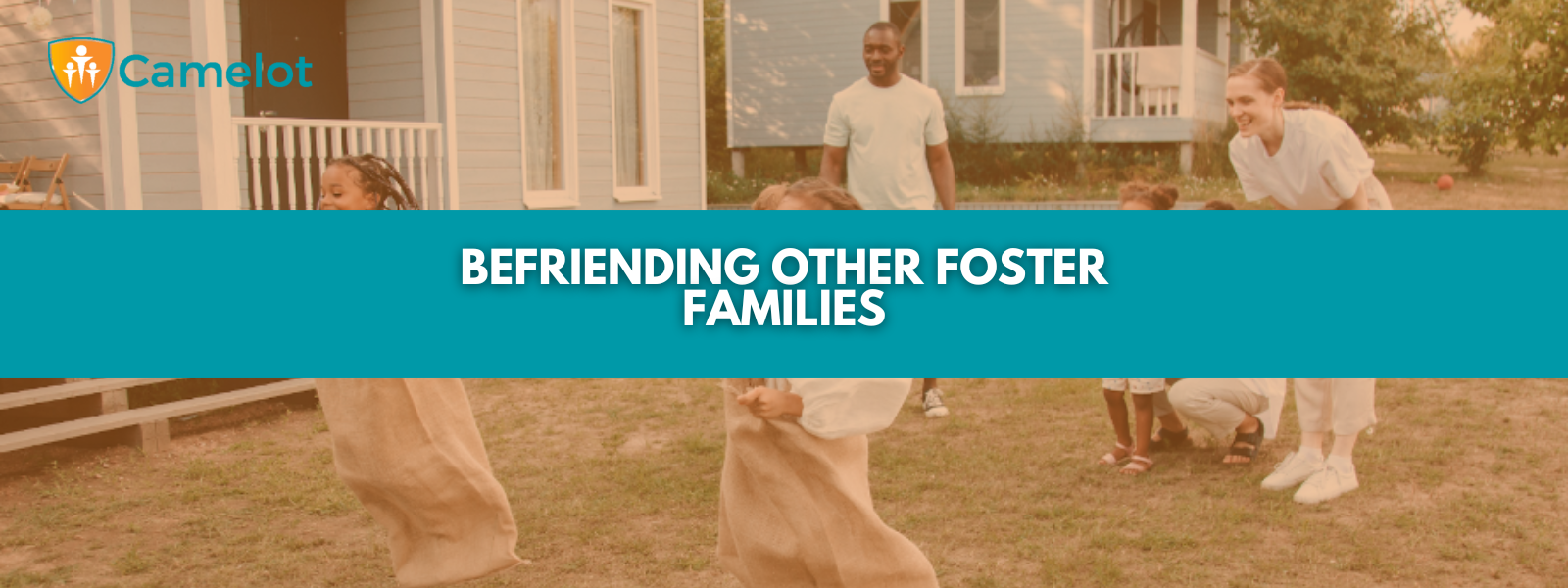
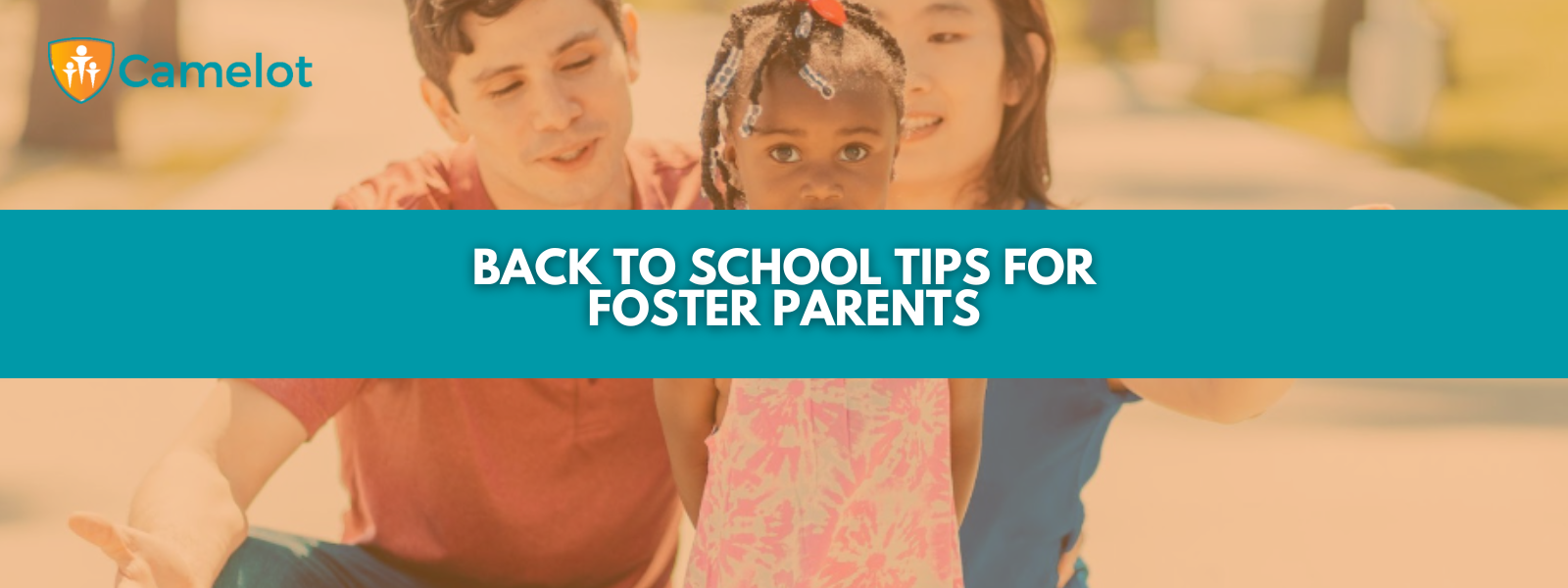
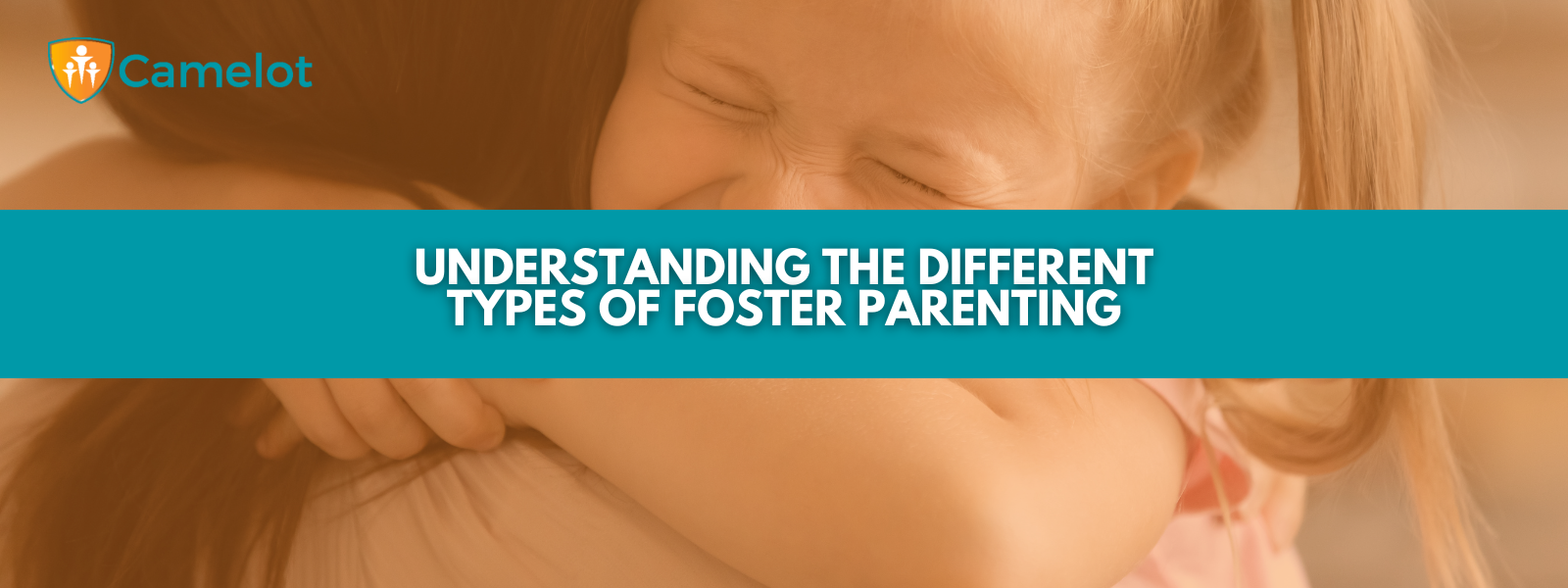
Camelot Care Centers

